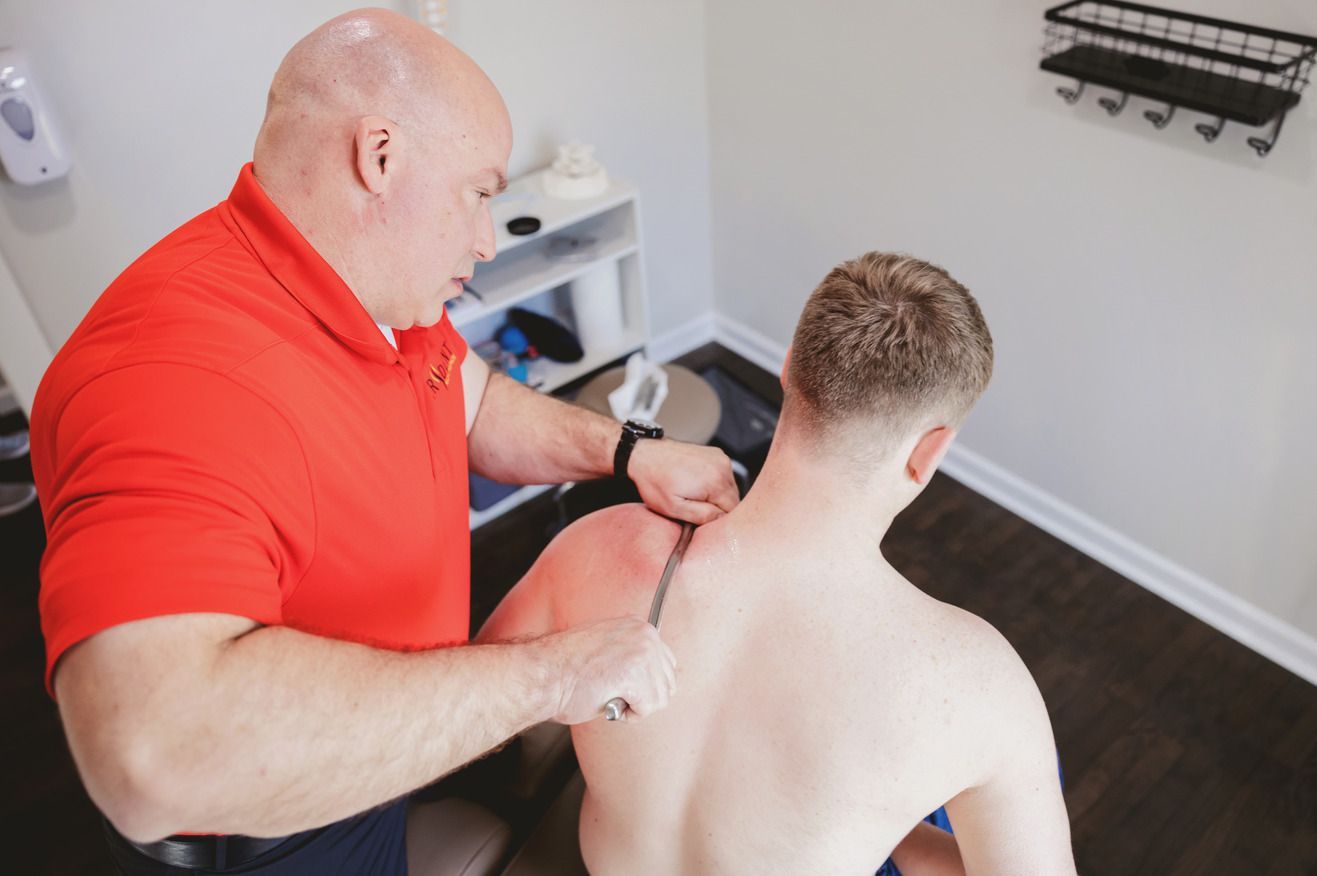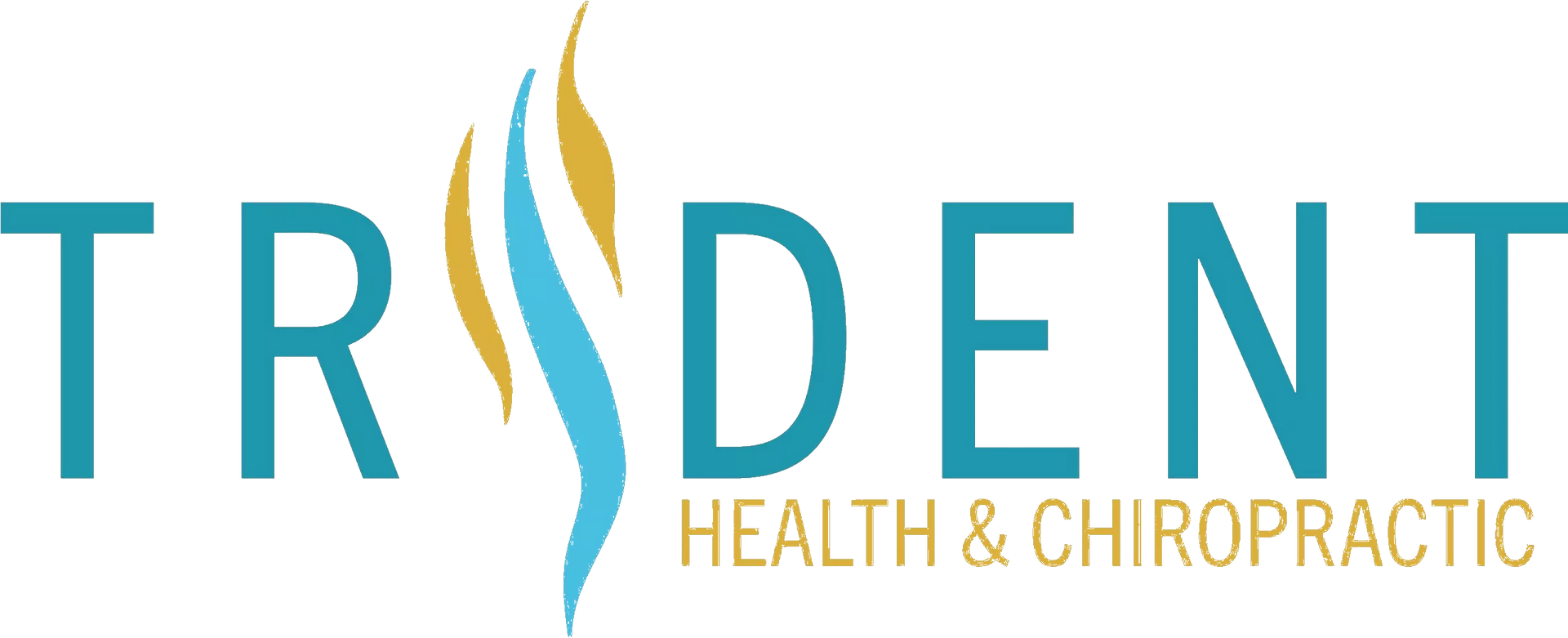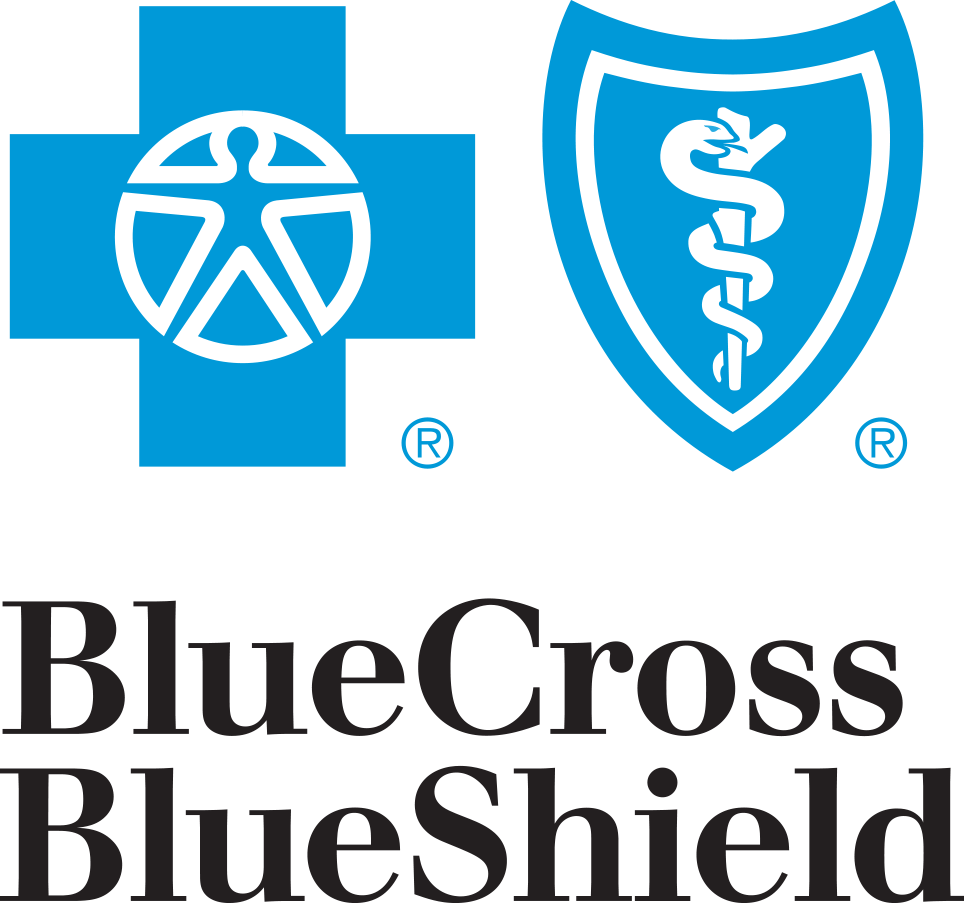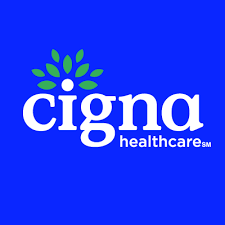Suffering from a rotator cuff injury can be a painful and debilitating experience, significantly impacting your daily life and activities. Trident Health & Chiropractic offers rotator cuff treatment in Spartanburg, South Carolina. Our team of healthcare professionals understands the challenges you face with such injuries. We are committed to providing effective, personalized treatment plans to address your needs.

Common Causes of Rotator Cuff Injuries
Rotator cuff injuries are commonly caused by a variety of factors, often related to either overuse or acute injury. They are a leading cause of pain and disability among adults. At Trident Health & Chiropractic we offer rotator cuff treatment in Spartanburg no matter what the cause of the injury to the shoulder joint that is hindering your range of motion in the shoulder blade and causing discomfort.
Here are the primary causes of rotator cuff tears and partial tears:
- Repetitive Stress: Repetitive overhead motion is a common cause of rotator cuff injuries. This can occur in sports (like baseball, tennis, or swimming), jobs that require repeated arm movements where you must lift your arm and move your arm (like painting or carpentry), or even daily activities.
- Acute Injury: A sudden injury can also lead to a complete tear of the rotator cuff. This might happen during a fall, a car accident, or a sudden, jerking motion when lifting something heavy.
- Age-Related Degeneration: As we age, our tendons naturally wear down. This degeneration can make the rotator cuff more susceptible to injury. Rotator cuff tears are more common in individuals over 40 years of age.
- Poor Posture: Long-term poor posture, especially with forward shoulder or head positions, can lead to increased strain on the rotator cuff tendons.
- Lack of Blood Supply: As we get older, the blood supply to our rotator cuff tendons decreases. This reduced blood flow can impair the body's natural ability to repair tendon damage, leading to a higher risk of injury.
- Impingement: This occurs when the rotator cuff tendon is pinched between the arm bone and a part of the shoulder blade. Over time, this can lead to inflammation and weakening of the tendon.
- Improper Training or Warm-Up: In athletes, improper training techniques or inadequate warm-up can contribute to rotator cuff injuries.
Understanding these causes is crucial for both prevention and effective treatment of rotator cuff injuries. If you suspect a rotator cuff injury, it is advisable to consult a healthcare professional for a proper diagnosis and treatment plan.
Symptoms of a Torn Rotator Cuff
Injuries to the rotator cuff can cause various symptoms, which may vary in intensity depending on the severity of the tear.
Here are some distinctive signs and symptoms typically associated with this condition:
- Shoulder Pain: One of the most common symptoms is a deep, dull ache within the shoulder and upper arm bone. This pain often worsens when you try to sleep on the affected side.
- Weakness in the Arm: You might experience weakness, especially when lifting the arm or performing specific movements - this is especially true with a full-thickness tear.
- Limited Range of Motion: There can be a noticeable decrease in the range of motion, making it difficult to raise your arm or reach behind your back.
- Crepitus or Crackling Sensation: Some individuals may feel a crackling sensation (called crepitus) when moving the shoulder in certain ways.
- Difficulty with Overhead Activities: Tasks that involve lifting the arm overhead, such as putting dishes on a high shelf, may become challenging or painful.
- Night Pain: Pain may intensify at night, particularly when lying on the affected shoulder and the rotator cuff tendon, leading to disturbed sleep.
- Pain when Lifting or Lowering the Arm: There may be specific angles at which moving the arm causes increased pain in the torn tendon, often during lifting or lowering motions.
It's important to note that these symptoms can also be indicative of other shoulder problems. Therefore, a proper medical diagnosis is essential for determining if these symptoms are indeed due to a torn rotator cuff. If you're experiencing any of these symptoms, it's advisable to consult with a healthcare professional for an accurate diagnosis and appropriate treatment plan.
Rotator Cuff Treatment in Spartanburg, South Carolina
At Trident Health & Chiropractic, we offer rotator cuff treatment in Spartanburg.
Treatment may include a combination of chiropractic adjustments and Softwave therapy tailored to the severity of the injury and the patient's lifestyle needs. We will do everything in our power to ensure surgery is not required.
Non-surgical treatments include rest, ice application to reduce swelling, physical wellness approaches to strengthen surrounding muscles and restore range of motion, and anti-inflammatory medications or corticosteroid injections to manage pain.




